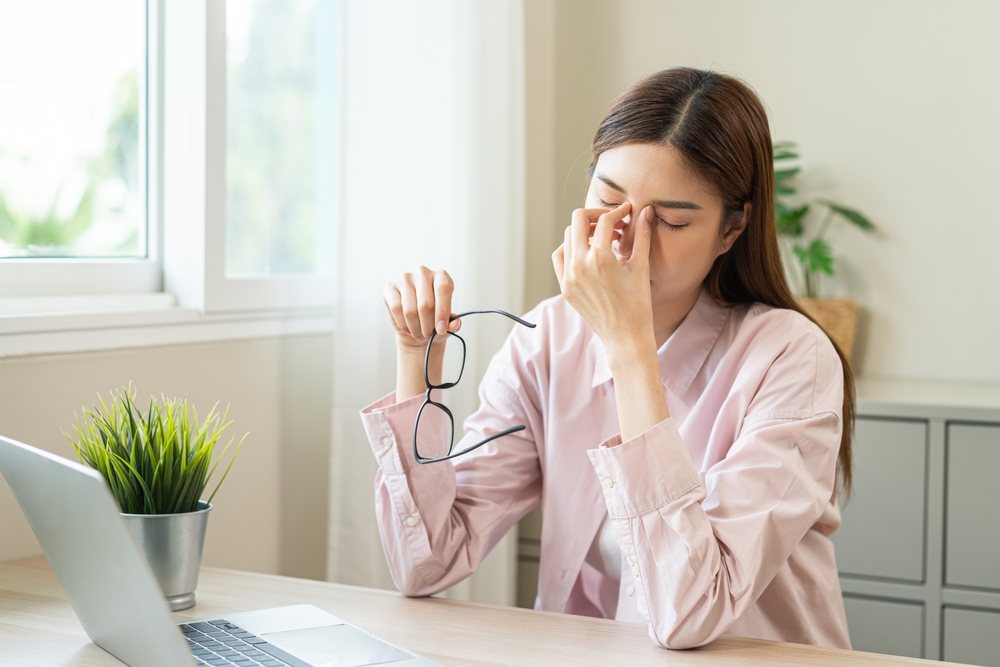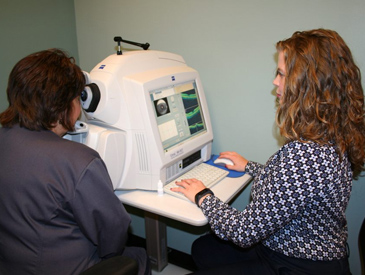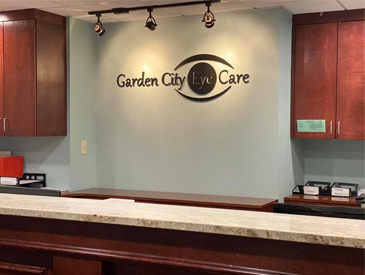
Dry, irritated eyes are more than just a nuisance - they’re often a sign of an underlying condition that requires professional attention. Millions of people experience the discomfort of dry eye every day, yet many ignore the symptoms until they become severe. Understanding what causes dry eye and getting the right diagnosis early can make all the difference in your comfort and long-term vision health.
Understanding Dry Eye
Dry eye occurs when your eyes don’t produce enough tears, or when the tears produced are of poor quality and evaporate too quickly. Healthy tears keep your eyes lubricated, nourished, and protected. When that balance is disrupted, the surface of your eyes can become dry and irritated.
One of the most common causes of dry eye is Meibomian Gland Dysfunction (MGD) - a condition where the oil glands in your eyelids become blocked or don’t produce enough oil. Without this oily layer, tears evaporate too quickly, leading to chronic dryness and inflammation.
Common Symptoms of Dry Eye
Dry eye symptoms can range from mild discomfort to significant irritation. You may experience:
A gritty, sandy, or burning sensation
Redness or inflammation
Blurred or fluctuating vision
Sensitivity to light
Excessive tearing
Difficulty wearing contact lenses
If you’re noticing these symptoms often, it’s time to take them seriously.
Why You Shouldn’t Ignore Dry Eye
Ignoring dry eye symptoms can lead to more than just discomfort - it can cause long-term damage. When left untreated, the condition can worsen over time, increasing the risk of corneal damage, infection, and vision changes. Because dry eye can result from a variety of causes - including MGD, hormonal changes, medication side effects, or autoimmune disorders - a professional diagnosis is essential. Your optometrist can determine the root cause and create a personalized treatment plan designed to restore proper tear function and protect your vision.
How Professional Treatment Can Make a Difference
Over-the-counter drops can provide temporary relief, but professional care targets the cause—not just the symptoms. Modern dry eye treatments can include:
Thermal eyelid therapies to unclog oil glands
Prescription eye drops to reduce inflammation and improve tear quality
Nutritional support to promote gland health
Lifestyle recommendations to reduce environmental triggers
Your eye doctor may also use diagnostic tools to measure tear production and evaluate gland function, ensuring your treatment is customized for your needs.
Schedule Your Dry Eye Evaluation Today
Dry eye is a condition that can impact your daily life and long-term vision if left untreated. By getting the right diagnosis and treatment early, you can prevent further irritation and protect your eye health.
If you’re struggling with dry, irritated, or tired eyes, the team at Garden City Eye can help. We use advanced diagnostic technology to pinpoint the cause of your symptoms and create a treatment plan that restores comfort and clarity. Visit our office in Cranston, Rhode Island, or call (401) 943-8151 to schedule your dry eye evaluation today.




